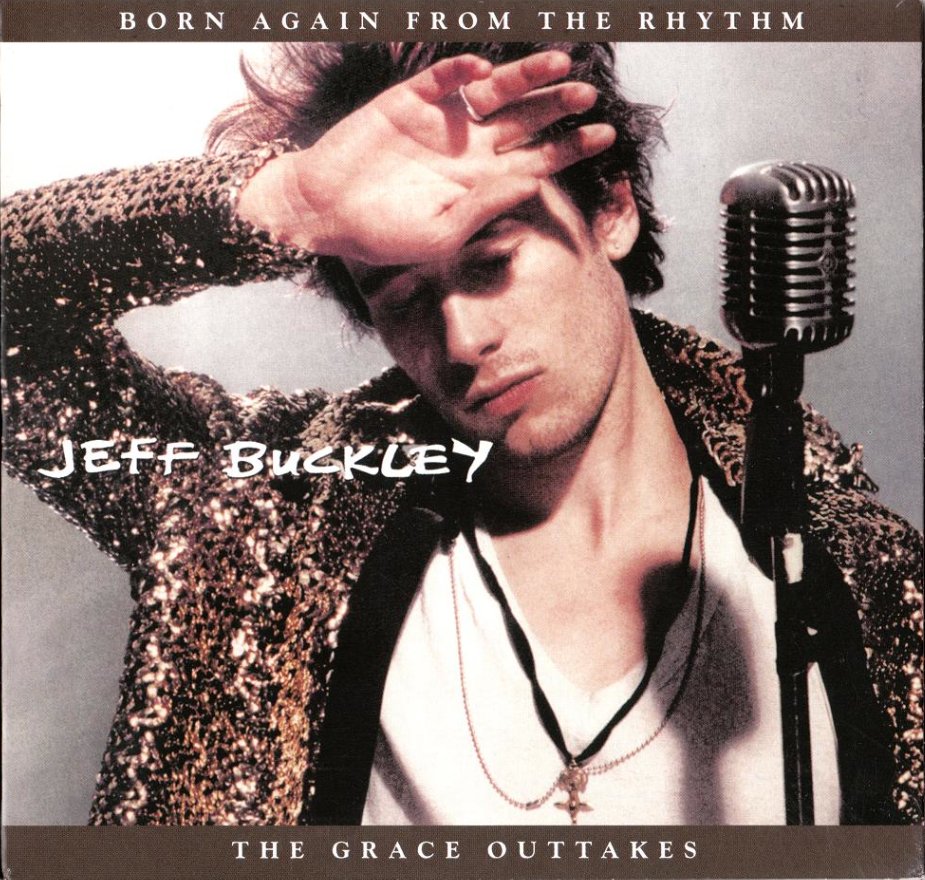

Grace, on the other hand, was so … pretty.

American alternative rock (as opposed to Britpop) was iconoclastic, disdainful of the hubris and hedonism of classic rock moreover, it sounded ugly, and it dealt with ugly emotions. The question isn’t whether or not Grace was superior to them - you can decide that one for yourself - but it sounded so fundamentally unlike those other albums that it might as well have come from another era. Grace hit shelves in 1994, arguably alternative rock’s single greatest year its contemporaries included Soundgarden’s Superunknown, Beck’s Mellow Gold, Nine Inch Nails’ The Downward Spiral, Hole’s Live Through This, Green Day’s Dookie, and Weezer’s (first) self-titled album, to name just a few. (Biggie’s debut, lest we forget, was ominously named Ready to Die.) And then there’s Jeff Buckley, whose death may be the most meaningless of them all: he simply went for a swim in a river and was pulled under the water in the wake of a passing boat.īuckley had only one album to his name when he died, but my word, what an album it was.

2Pac and The Notorious B.I.G.’s feud ended not with reconciliation but with the deaths of both men. He was later joined in death by two of his grunge compatriots, Alice in Chains’ Layne Staley and Soundgarden’s Chris Cornell - the latter of whom, many thought, had overcome his demons long ago. Kurt Cobain quipped about naming Nirvana’s final album I Hate Myself and I Want to Die, a joke that became all too real with his suicide. Several of the decade’s most promising musicians lived just long enough to leave a mark on the world before leaving it far too soon.


 0 kommentar(er)
0 kommentar(er)
